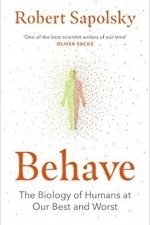
Behave: The Biology of Humans at Our Best and Worst
Book
THE NEW YORK TIMES BESTSELLER A ground-breaking synthesis of the entire science of human...
science
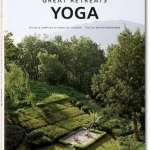
Great Yoga Retreats
Angelika Taschen and Kristin Rubesamen
Book
Holistic Hatha Holidays. Sublime locations, acclaimed Yoga masters, restorative retreats. Looking...
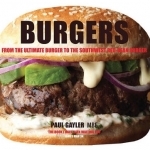
Burgers
Book
The burger's timeless appeal lies in its simplicity. A well-made burger can transcend the sum of its...

ZEN Gardens: The Complete Works of Shunmyo Masuno, Japan's Leading Garden Designer
Book
Shunmyo Masuno, Japan's leading garden designer, is at once Japan's most highly acclaimed landscape...
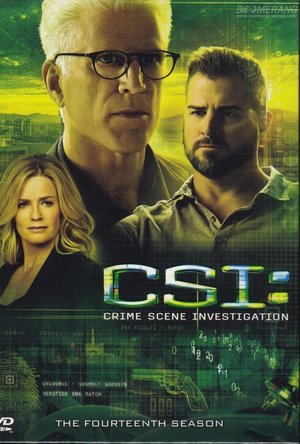
CSI: Crime Scene Investigation - Season 14
TV Season
D.B. and Finn lead the hunt for Morgan, while Brody makes a shocking discovery that endangers her...
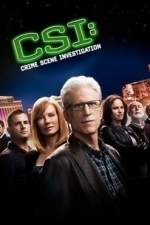
CSI: Crime Scene Investigation - Season 5
TV Season
Greg begins his journey from a lab rat to a field mouse, as the Las Vegas Crime Lab faces a...
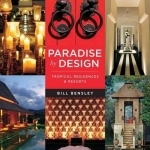
Paradise by Design: Tropical Residences and Resorts by Bensley Design Studios
Book
Featuring hundreds of stunning color photographs and insightful commentary, this Asian design book...

Living in Morocco: Design from Casablanca to Marrakesh
Book
Morocco is an exhilarating combination of vivid sensuality and intense spirituality, an intoxicating...
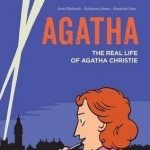
Agatha: The Real Life of Agatha Christie
Anne Martinetti, Guillaume Lebeau and Alexandre Franc
Book
In December 1926, renowned crime novelist Agatha Christie vanished, sending shockwaves through...
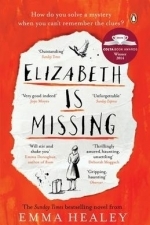
Elizabeth is Missing
Book
Sunday Times Top Five Bestseller Elizabeth is Missing is the stunning, smash-hit debut novel from...